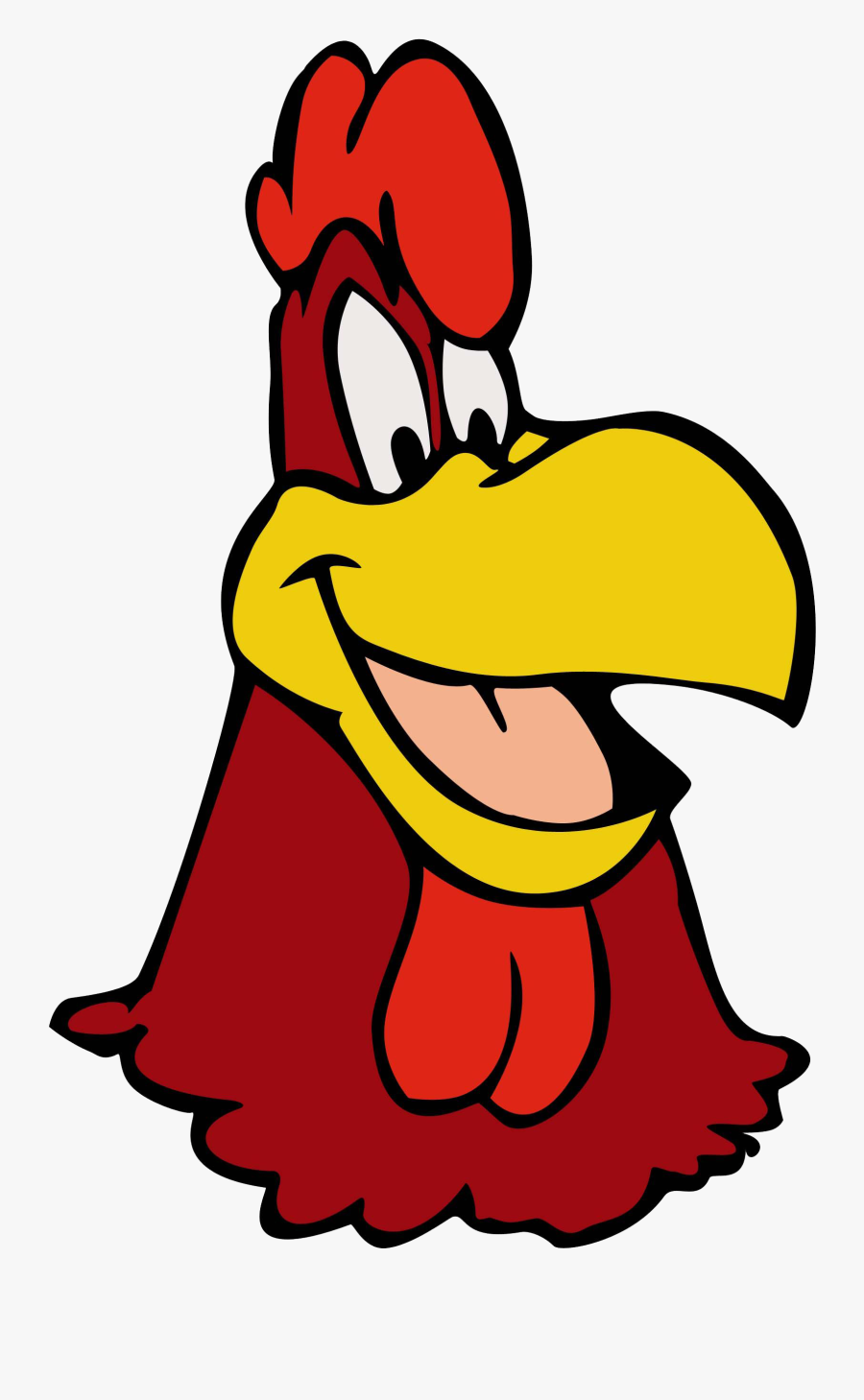Maybe this is a dumb question???
I was wondering if there is a sought after "target" for the amount of volume in front of a mic to record the sound "properly" a general idea of where to start kind of thing. 110db or so ?
I understand the speakers should be moving air and really pushed hard.
I am using both an sm57 and an e609 if that helps.
Maybe it's not really a thing? Maybe it's not anything to do with The volume, more about the recorded tone.... ? What say you guys?
I'm playing metal, Marshall tsl 100 through 4x12 can with g12 t75's and v30's. If that matters.
Just thought I'd throw this out there.
I was wondering if there is a sought after "target" for the amount of volume in front of a mic to record the sound "properly" a general idea of where to start kind of thing. 110db or so ?
I understand the speakers should be moving air and really pushed hard.
I am using both an sm57 and an e609 if that helps.
Maybe it's not really a thing? Maybe it's not anything to do with The volume, more about the recorded tone.... ? What say you guys?
I'm playing metal, Marshall tsl 100 through 4x12 can with g12 t75's and v30's. If that matters.
Just thought I'd throw this out there.







Comment